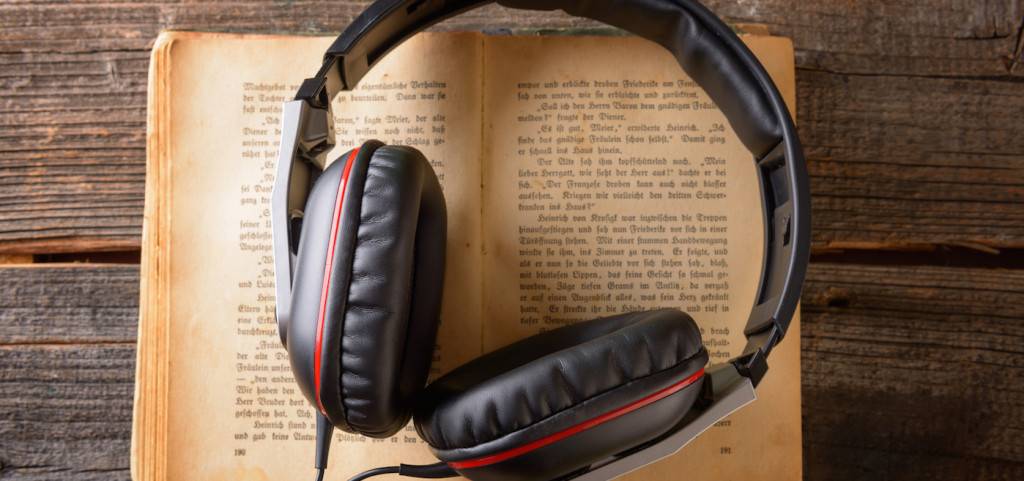
I liked that Larson switched between the perspectives of the various players – British intelligence, the US government, the German U-boat captain, and the Lusitania’s crew and passengers. It was definitely hard to listen to at times because the mix of human error, hubris, and an astonishingly negligent lack of communication caused an otherwise preventable disaster. While this book was nonfiction, it read like a fast-paced and interesting novel. I need the third book now.ĭead Wake: The Last Crossing of the Lusitania by Erik Larson The ending, oh the ending…a complete WTF cliffhanger. Themis is normal sight, so when other, similar giant robots start to randomly appear across the globe, they aren’t taken seriously until said robots provide a display of their power and intent. Waking Gods drops readers in after 10 years have passed. Sleeping Giants introduced readers to the giant robot, Themis, and humans’ attempts to understand and manipulate her. I blew through The Immortals and the sequel, Winter of the Gods, in quick succession because both Selene and the stories were so engrossing. Her interpretations were interesting to say the least, and were my favorite aspects of the book. I loved how Brodsky wove elements of fantasy, mythology, mystery cults, and history in to the narrative. It also was similar to American Gods in that the ancient gods are still among us, though they have been much reduced. Like Midnight Riot, The Immortals was an urban fantasy crime novel. It was not a fast-paced book by any means, and should be enjoyed for what it was.

That being said, I loved the story, loved the descriptions of life in 14th century Italy, and loved how it ended. There was no sense of urgency as the events unfolded. While The Scribe of Siena was similar, it was its own story and felt more like a slice-of-life than an adventure. I’ve been a sucker for time travel romances since reading Outlander four years ago. The sarcastic, sardonic humor, and geek references made me swoon. Kobna Holdbrook-Smith was a fantastic narrator and brought life to personality to the characters. I have no interest in crime novels, but the fact that it was recommended on two different sites I peruse for books to read, and the fact that it was urban fantasy, had me wanting to give it a try – and I’m glad I did. Midnight Riot and all of the subsequent books are now one of my favorite series. I can’t listen to them at 1x because the narrators sound sluggish. I also regularly listen to audiobooks at 1.5x or 1.75x, which allows me to get through them much faster. While listening to audiobooks, I can drive to work or do chores or exercise. I felt like I didn’t have enough time between regular life and graduate school. I wasn’t mentally able to sit down and read a book. You can contribute through PayPal, Patreon, Venmo and Crypto.My audio listens doubled in the second half of 2017.

#2017 AUDIO BOOKS FREE#
It’s hard to rely 100% on ads, and your contributions will help us continue providing the best free cultural and educational materials to learners everywhere. If you would like to support the mission of Open Culture, consider making a donation to our site.

If you would like to sign up for Open Culture’s free email newsletter, please find it here. Wright has created an interactive MOOC called Introduction to Classical Music. Listening to Music will be added to the Music section of our ever-growing collection, 1,700 Free Online Courses from Top Universities. The main text used in the course is Listening to Music, written by the professor himself. You can watch the 23 lectures above, on YouTube, or Yale’s website, where you’ll also find a syllabus and information on each class session. That includes everything from classical music, rock and techno, to Gregorian chant and the blues. Taught by Yale professor Craig Wright, this course, Listening to Music, operates on the assumption that listening to music is “not simply a passive activity one can use to relax, but rather, an active and rewarding process.” When we understand the basic elements of Western music (e.g., rhythm, melody, and form), we can appreciate music in entirely new ways.


 0 kommentar(er)
0 kommentar(er)
